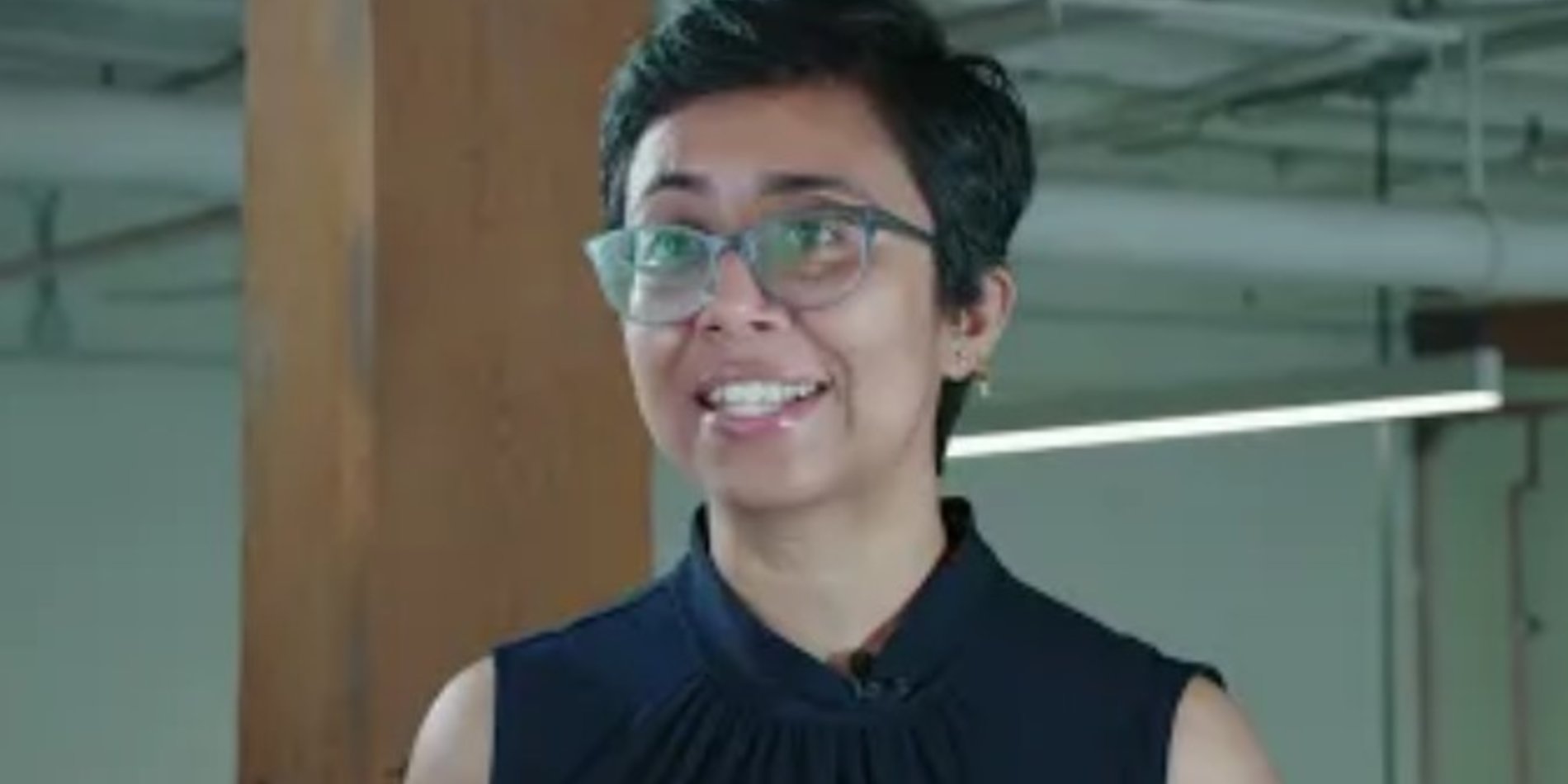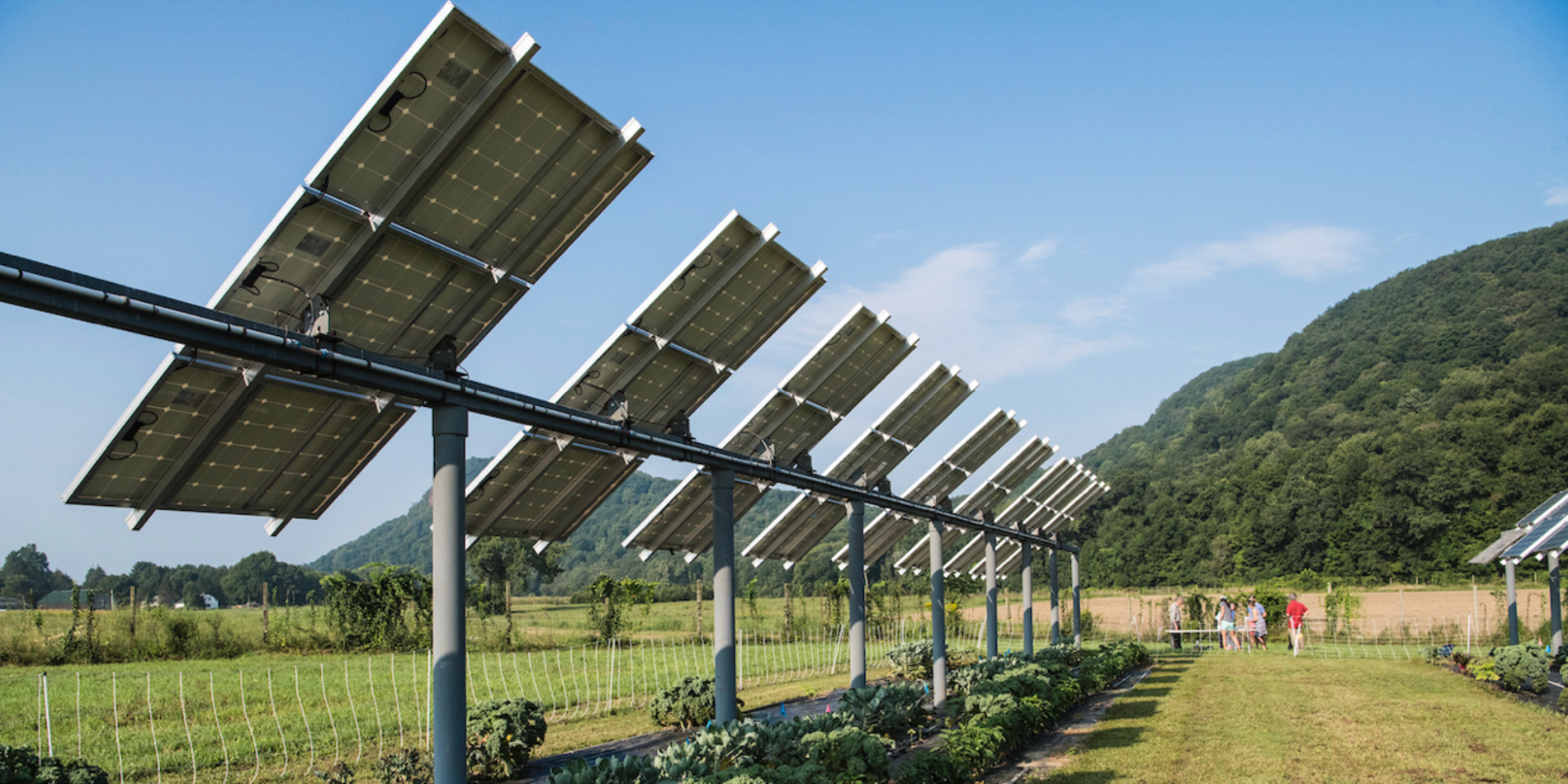Healing Troubled Waters
With the seafood industry, like the ocean, so much is hidden from view for consumers. When Pat Schnettler, GSB ’19, had a glimpse under the surface, he was unsettled by what he saw.
“I got to crack the hood open on what’s a very opaque global seafood industry and I gained a better appreciation for the impact it has on oceans—and for the most part, it’s not good,” he says.
After college, he worked with 100-meter trawling vessels in Alaska, and on a striped bass farm in Mexico, before traveling to Indonesia to work with smallholder shrimp farmers. He says each job felt like a one-way street of consumption, to the detriment of marine life.
The whole experience ran counter to his upbringing in northern Minnesota, where his mother spent her career with the Nature Conservancy and raised her kids to honor their connection to the environment.
“That was central to everything we did growing up,” he says of his childhood steeped in wildlife conservation.
By age 13, he had become a certified diver, and after a move to Australia, a surfer, too. His love for the ocean compelled him to search for a way to contribute to a sustainable blue economy.
While working in the seafood industry, Pat met a few early kelp farmers in Maine. He was enrolled in the Stanford Graduate School of Business at the time, and he leaned in for a closer look at kelp farming and its environmental merits.
Kelp can grow 18 inches in a single day, he learned, all without pesticides, fertilizers, fresh water, or arable land. These tidal plants have a stabilizing influence on the ocean by fixing nitrogen as they grow. Seaweeds also benefit the atmosphere by removing carbon dioxide through photosynthesis and sequestering it as sediment when bits of seaweed settle on the ocean floor. It is estimated that more than 600 million metric tons of carbon dioxide are removed annually this way.
At its best, kelp farming can be a regenerative movement, a way to cultivate food from the ocean without harming the ecosystem. So, he flew to Maine to interview the pioneering kelp farmers he had heard so much about, with a potential investment in mind. In his checked luggage home, Schnettler packed an enormous bag of dried kelp, and a question: “What kinds of high-value products could we make from this unique ingredient?”
Today, 12 Tides sells its signature puffed seaweed chip in three flavors: sea salt, everything, and chili, with a texture reminiscent of a cheese puff, and the umami kick of a nori sheet.
“We are creating products and a community around the idea of ocean-positive foods,” he says.
When Schnettler first landed on a promising snack recipe that featured kelp, he knew he needed help for the next step. In 2019, he secured an Innovation Transfer grant from the TomKat Center for Sustainable Energy, and with that support enlisted a commercial kitchen and a chef.
Soon after, he met cofounder Lindsey Palmer, whose branding expertise he calls the missing piece for the venture. They dove into business, starting with Bay Area farmers markets where they could hand out 1,000 samples on a good day—losing money with each bag, but gaining a wealth of consumer feedback.
“The TomKat funding allowed us to stay in that product development mode for a little bit longer, which ultimately led to a better product,” says Schnettler.
Scrappy and industrious, 12 Tides has been intent on matching the company mission to its operations.
“Our North Star is to have a net positive impact on the oceans,” he says, and plastic chip bags didn’t fit that profile.
For packaging, this has meant designing their own bags certified to be compostable in an industrial facility, with a home-compostable bag in development. For production, it has meant scouring auction sites to purchase equipment and build an assembly line right in San Francisco’s Dogpatch neighborhood. This has allowed 12 Tides to create an artisanal product with seaweed front and center, rather than compromising the recipe to co-manufacture the chips with a larger company.
Currently the organic kelp snacks are available online at Thrive Market, Good Eggs, and Amazon, and at select retailers along the West Coast, including Whole Foods Market.
With each bag sold, 12 Tides partners with the nonprofit SeaTrees to support kelp reforestation, especially along California’s Central Coast, shores where the co-founder sometimes surfs, where the Nature Conservancy estimates that kelp forests have declined by more than 95 percent since 2014.
“I believe that regenerative food is going to be the defining element of the way our food system changes over the next 10 years,” says Schnettler, of the company’s ocean activism. “12 Tides wants to be the brand that connects regenerative food to the oceans.”
Source: The Nature Conservancy




